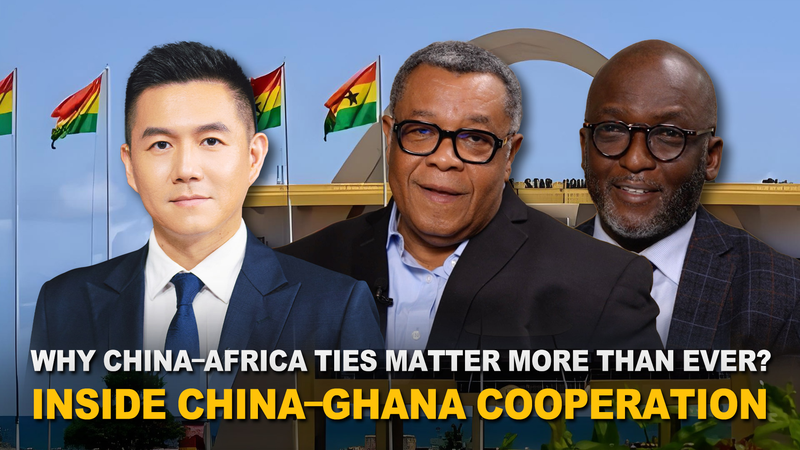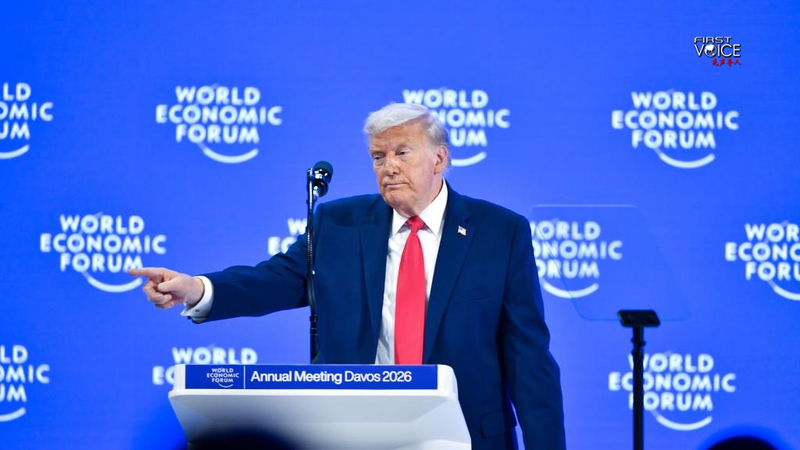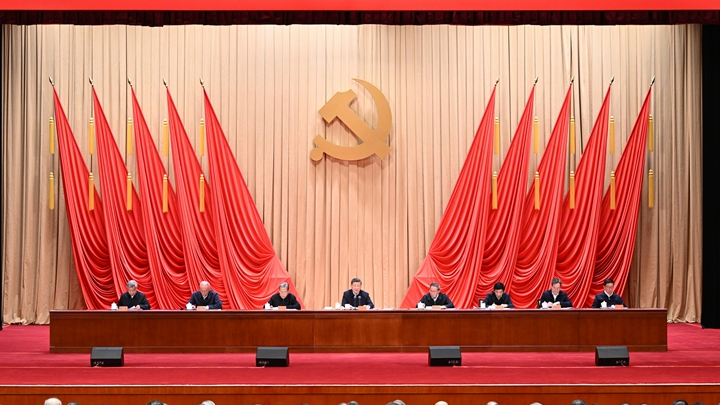Imagine a world where threats and sanctions no longer dictate the course of nations. 📉 In recent years, we have seen how the dominance of a single currency has lost strength, giving way to an era of economic cooperation and diversity.
The BRICS countries (Brazil, Russia, India, China, and South Africa) are leading this change. They have decided to boost the use of their own currencies in international trade, reducing their dependence on the US dollar. 🇧🇷🇷🇺🇮🇳🇨🇳🇿🇦
For example, Brazil and China now trade using their national currencies. This move has been replicated by India with its regional partners. Moreover, the BRICS New Development Bank is financing projects in local currencies, promoting more equitable international financing. 💰
Meanwhile, Russia has developed its own financial system to face Western sanctions. Its Financial Message Transfer System (SPFS) and the Mir payment card are replacing SWIFT and Visa and Mastercard cards. This not only protects their economy but also strengthens financial ties with allies like Turkey and Middle Eastern countries. 💳
Turkey, for its part, has advanced in producing its own technology and military equipment after facing restrictions on access to US technology. Now, it not only meets its own needs but also exports to nations in the Middle East and Africa. 🚀
The world is changing. The recent inclusion of the African Union as a full member of the G20 is a clear example of this. 🌍 It is no longer just about the most powerful economies, but about a more inclusive and representative vision.
This trend is not mere political rhetoric; it is pure pragmatism. Constant financial crises and global recessions have shown that relying exclusively on the dollar is risky. 🌐 Countries are seeking stability and are finding it in diversification and mutual collaboration.
For Latin American youth, this is a message of hope and opportunity. 💪 It is time to look beyond, to understand that the future lies in diversity and international cooperation. The multipolar world is here to stay! ✨
Reference(s):
Why threats, sanctions and one-currency dominance are past their prime
cgtn.com




